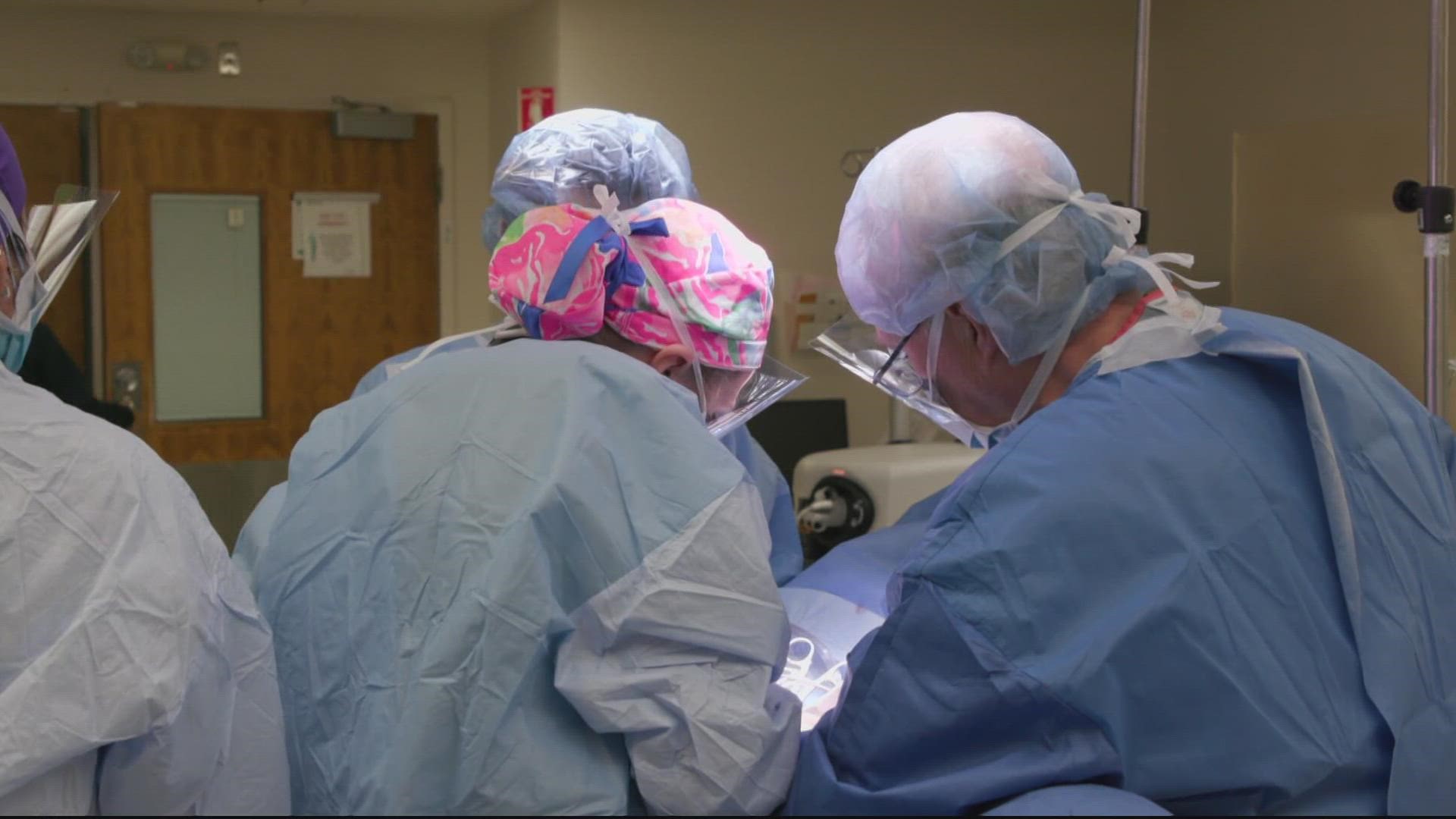WASHINGTON — Radiation has long been a tool used to prevent breast cancer from recurring. We know that process can be grueling and time consuming. But imagine turning six weeks of treatment into one day with the same results.
MedStar Health is one of the first in our area to use this faster therapy to fight early stage breast cancer. We spoke with Chief Washington Regional Breast Surgeon Dr. Marc Boisvert to learn how it works.
For 30 years, Dr. Boisvert has worked to save the lives of women diagnosed with breast cancer. He said a lot has changed during his decades in the field.
"I'm from the era where everybody got a mastectomy when I first started out," Dr. Boisvert said.
Now, his work has focused on an innovative new technology.
"Our focus now is to try to deescalate surgery, try to deescalate radiation, deescalate medicines with heavy toxicity. We're making progress," he said.
Radiation treatments are crucial in preventing cancer from coming back. Those treatments sometimes require patients to come in five days a week for up to six weeks at a time.
There is now a faster option that is just as effective for women with early stage breast cancer. It's called Intraoperative Radiation Therapy, or IORT.
"It's sort of tailored for the patient population I serve. The patients who work, they're caring for other family members, they need to get money in their house so they can it. It's really tailor-made for them," Dr. Boisvert said.
IORT is a one-time single high dose of radiation following a lumpectomy. The treatment is not only just a big advancement in the fight against cancer, but also for access. Because of the time commitment, sometimes patients don't get the recommended radiation.
"Then they come back with a breast cancer recurrence in a couple of years. It's very disheartening to see, devastating to them, and it doesn't need to happen," Boisvert said.
MedStar Health was one of the first hospitals in our area to offer the treatment. It is important to mention that the treatment only works for early stage breast cancer. Full radiation is still required in those later stage, more aggressive cases.

